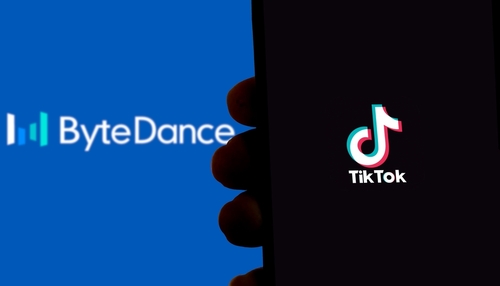
US-China TikTok deal raises questions over algorithm transfer for 170 million users.
US Congress to review TikTok divestment deal amid 2024 law and legal disputes.
ByteDance’s TikTok stake unclear; final US ownership awaits Xi talks amid legal, tariff issues.
Uncertainties Surround U.S.-China TikTok Ownership Deal
A newly announced framework agreement between the United States and China aims to shift TikTok’s ownership to U.S. control, raising numerous questions and challenges. The deal, revealed in Madrid amid trade discussions, lacks clarity on key issues, including whether China will allow transfer of TikTok’s recommendation algorithm—a critical component behind its popularity among 170 million American users.
Previously, Chinese authorities have been reluctant to export this technology, viewing it as ByteDance’s most valuable asset. Since 2020, China’s tightened export controls over technologies like recommendation algorithms have given the government oversight on any such transfers.
Congressional Approval and Legal Challenges Ahead
The agreement may require approval from the Republican-led U.S. Congress, which passed a 2024 law mandating ByteDance’s divestment of TikTok or risk a U.S. ban because of concerns over Chinese access to user data. President Donald Trump has delayed enforcement deadlines thrice, despite Democratic lawmakers challenging his authority and questioning prior proposals’ legality.
In February, Attorney General Pam Bondi informed tech companies like Apple and Google that the Justice Department would forgo claims over potential legal violations related to TikTok, a move disclosed publicly in June. Congressional representatives intend to rigorously review the latest deal upon its release to ensure compliance with existing laws.
Future Ownership and Control of TikTok Explained
A crucial unresolved matter is whether ByteDance will completely relinquish its stake in TikTok’s U.S. operations. Trump stated during a press briefing that a final decision on China’s potential stake awaits confirmation following discussions with President Xi Jinping. Senate Intelligence Committee Chair Tom Cotton has emphasized that American buyers must sever all connections with China.
Currently, ByteDance’s shareholders include U.S.-based entities such as Susquehanna International Group, General Atlantic, and KKR. If Congress rejects the agreement, options for enforcement appear limited following a unanimous Supreme Court ruling that upheld the 2024 law as constitutional and consistent with free speech protections. Officials anticipate that the final structure will resemble an earlier April proposal to create a U.S.-headquartered firm majority-owned by American investors.
That prior arrangement faltered after China indicated disapproval, triggered by U.S. tariff measures on Chinese imports. The definitive ownership framework remains to be finalized.
* The content presented above, whether from a third party or not, is considered as general advice only. This article should not be construed as containing investment advice, investment recommendations, an offer of or solicitation for any transactions in financial instruments.

